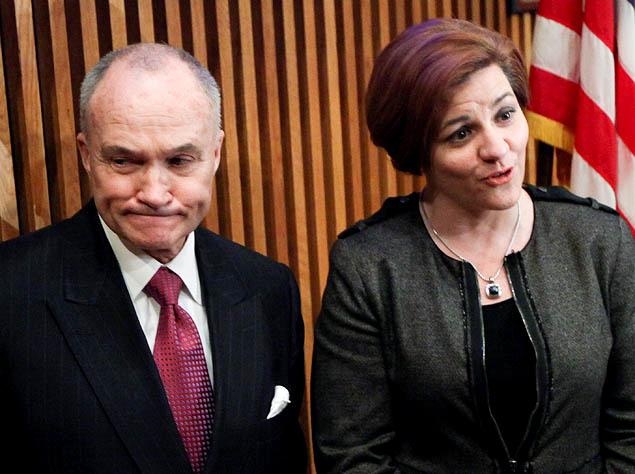
The HRA states, "HRA's new Teen Pregnancy Prevention campaign shows the high costs teen pregnancy can have for both teen parents and their children. The campaign features ads with hard-hitting facts about the money and time costs of parenting and the negative consequences of having a child before you are ready." Taking a look at some of the advertisements, I question who the HRA is trying to reach out to.
 The campaign features a series of four pictures of toddlers, posed to look neglected and upset. With the exception of one token white toddler, the series of photos are primarily made up of minority children. Coupled with slogans like "Honestly Mom, chances are he won't stay with you", message is pretty clear to me - the HRA is speaking to minority teenage women, the group with the highest rate of teen pregnancy.
The campaign features a series of four pictures of toddlers, posed to look neglected and upset. With the exception of one token white toddler, the series of photos are primarily made up of minority children. Coupled with slogans like "Honestly Mom, chances are he won't stay with you", message is pretty clear to me - the HRA is speaking to minority teenage women, the group with the highest rate of teen pregnancy. I will admit, being a twenty-something Puerto Rican woman and childless is perceived as an accomplishment, but that in no way excuses the blatant racism in these advertisements. These ads are simultaneously shaming already pregnant teenagers, while suggesting those non-pregnant teens will end up barefoot and pregnant if they don't finish high school first.
I will admit, being a twenty-something Puerto Rican woman and childless is perceived as an accomplishment, but that in no way excuses the blatant racism in these advertisements. These ads are simultaneously shaming already pregnant teenagers, while suggesting those non-pregnant teens will end up barefoot and pregnant if they don't finish high school first.
Why are we using shame to prevent teen pregnancy? Where's the comprehensive sexual education? Why isn't the HRA offering support and empathy in these ads? I'm surprised that a city as progressive as New York released these posters. Shocked, I sent the NOTNOW text to 877877 to discover "the real price of teen pregnancy". It opened with a choice to play either a young woman or young man and make decisions based on different scenarios that ultimately lead to not becoming pregnant and being successful or becoming pregnant, having a fallout with the parent, and paying the ultimate price for teen pregnancy - which in this case is having a baby, not finishing school, and being poor.
I thought game in the beginning was a little much, but the number does continue to send text messages (until you opt out), providing information and random trivia questions regarding contraceptives and sexual activity - ex. Can you get pregnant while on your period? (yes, you can). The HRA, like most organizations, are trying to reach out to teens using the same social media tools they interact with on a daily basis. I approve of texts following the scenario they played out, but the campaign could definitely use some tweaking. NYC definitely needs to stop these shame campaigns, wagging a finger at someone has not and will never be an effective approach to promoting well-being.
I thought game in the beginning was a little much, but the number does continue to send text messages (until you opt out), providing information and random trivia questions regarding contraceptives and sexual activity - ex. Can you get pregnant while on your period? (yes, you can). The HRA, like most organizations, are trying to reach out to teens using the same social media tools they interact with on a daily basis. I approve of texts following the scenario they played out, but the campaign could definitely use some tweaking. NYC definitely needs to stop these shame campaigns, wagging a finger at someone has not and will never be an effective approach to promoting well-being.





